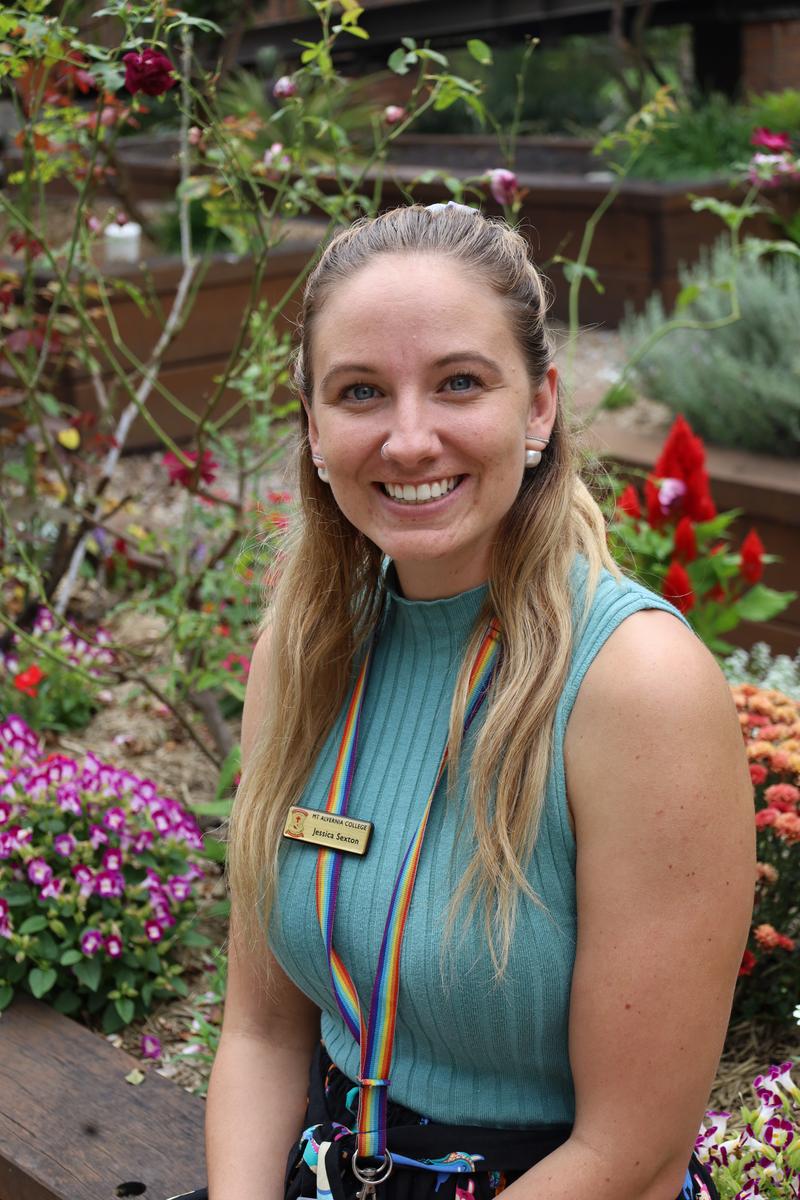Minds Matter
From your College Counsellors

Minds Matter
From your College Counsellors




Adolescence is a significant transitional stage bridging childhood and adulthood. There are both physical and psychological changes that occur between the ages of 13 – 19 years. However, recent research has indicated that these age ranges could vary from as young as 10 years and into their twenties (Sawyer et al., 2018). The change in age has been attributed to earlier puberty and increased understanding of continued development and growth into the mid to late twenties (Sawyer et al., 2018). Adolescence is a period of discovery, where young people are trying to understand their sense of self and identity. You may notice in the earlier stages of adolescence, your young person becomes more distracted and forgetful, negative, and resistant. You may also notice more risk-taking behaviour and boundary pushing early in adolescence. By mid-adolescence, young people are forming close bonds with their peers, and you may notice increased conflict at home, peer pressure and risk-taking. In the late stages of adolescence, young people increase their independence through work, driving, and relationships. Some suggestions to assist your young person are:
Just as it’s important for us to understand the stages of adolescence, it is also important to understand the stages of parenting and the changes in your role over time. Parenting a young adult is different to parenting a child. During childhood, parents play a vital role in teaching children social and emotional skills. When children begin to enter adolescence, your parenting role shifts. Young people may question authority and test boundaries, causing conflict in the home. It is important during this time for you to maintain a positive relationship, while also providing fair and consistent boundaries. Communication skills are vital to model effective conflict management with your young person. It can be helpful to reflect on the different stages of development and what your young person needs from you at this time. This may require an uncomfortable step backwards as a parent, in order to help your young person grow.
For more information and resources on this topic, please access the SchoolTV website (https://mta.qld.schooltv.me/newsletter/understanding-adolescence).
If you and your family require further support, please email us at counsellor@mta.qld.edu.au.
Ellie & Jess
School Counsellors
References
John Hopkins Medicine (2022). The Growing Child: Adolescent 13 to 18 years. https://www.hopkinsmedicine.org/health/wellness-and-prevention/the-growing-child-adolescent-13-to-18-years
Pickhart, C. (2009). A Roadmap to Adolescent Growth. https://www.psychologytoday.com/us/blog/surviving-your-childs-adolescence/200902/roadmap-adolescent-growth
Sawyer, S.M., Azzopardi, P.S., Wickremarathne, D., & Patton, G.C. (2018). The age of adolescence. The Lancet Child & Adolescent Health, 2(3), 223-228. DOI: 10.1016/S2352-4642(18)30022-1